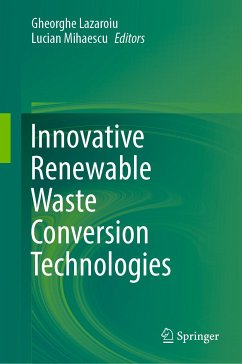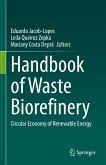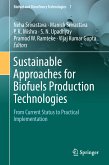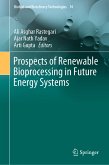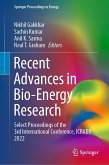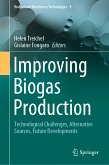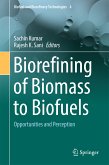To this end, the book deals with an analysis of the generation mix of renewable energies (including biofuels, renewable waste and biogas) in the overall power balance of several countries. In addition, the possibilities of using bioenergy resources in the context of power generation are thoroughly analyzed. As one of the most important ways of converting biomass into energy, the combustion process is analyzed in detail, highlighting the vast potential for the use of innovative biofuels. In this context, a detailed classification of existing biofuels is established, reflecting the relationship between their energy properties and their potential use in industrial facilities. Additionally, the most efficient combustion technologies for the respective applications are discussed.
Furthermore, the authors emphasize that the management of renewable waste, both from industry (tannery waste and oils from transport) and agriculture, requires an economic and environmental friendly approach. The challenges of burning various renewable waste fuels and upgrading industrial facilities are discussed, and the ideas and technologies presented in this book contribute to the UN Sustainable Development Goal (SDG) for "Affordable and Clean Energy".
The book is a useful resource for professionals dealing with current and upcoming activities related to renewable energy combustion, and a good starting point for young researchers.
Dieser Download kann aus rechtlichen Gründen nur mit Rechnungsadresse in A, B, BG, CY, CZ, D, DK, EW, E, FIN, F, GR, HR, H, IRL, I, LT, L, LR, M, NL, PL, P, R, S, SLO, SK ausgeliefert werden.

